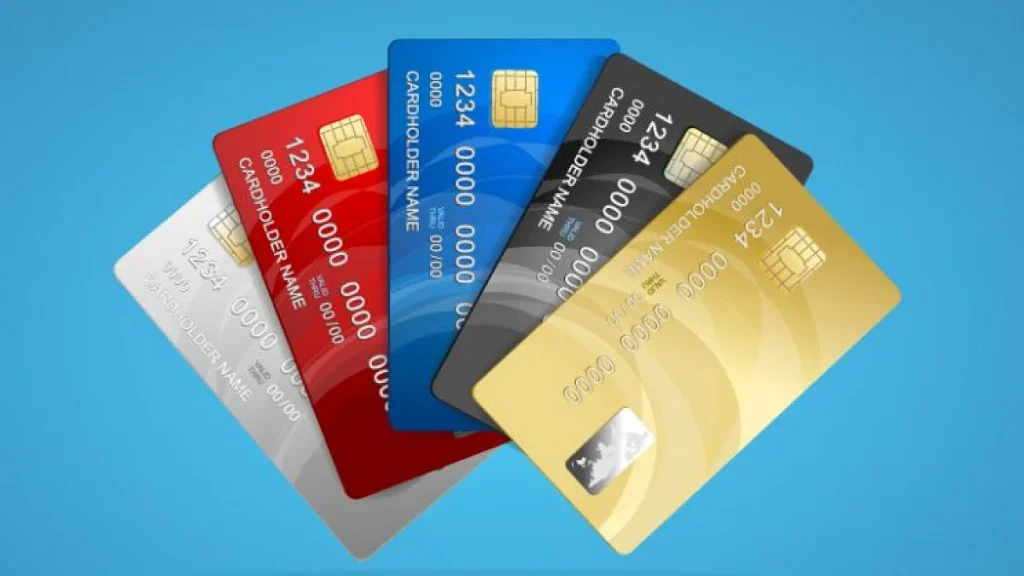Credit card cashing, often referred to as “converting a credit card into cash,” is a practice that may seem convenient, but it comes with significant legal and financial considerations. Understanding the laws and regulations surrounding this practice is crucial to avoid legal trouble and severe financial consequences. While it can provide quick access to funds, not all methods of cashing a 신용카드현금화, and some may even be considered fraudulent.
Understanding Credit Card Cashing
Credit card cashing typically involves using a credit card to obtain cash either directly through a cash advance or indirectly via third-party services or apps. While banks and credit card issuers allow cash advances, these transactions are usually subject to high fees and interest rates. Additionally, alternative methods like using card-cashing apps, gift card conversions, or other indirect routes can appear tempting. However, some of these methods may violate federal or state laws if they are not properly regulated or involve misrepresentation.
Legal Boundaries for Cash Advances
One of the most straightforward ways to access cash from a credit card is through a bank-authorized cash advance. Federal laws require that credit card companies disclose the terms and conditions of cash advances, including fees, limits, and interest rates. The Truth in Lending Act (TILA) mandates that lenders provide clear information so consumers can make informed decisions. Failing to comply with these regulations could result in legal action against the financial institution, but it is the consumer’s responsibility to follow the outlined rules to avoid penalties.
Risks of Third-Party Cashing Services
The rise of online platforms and apps offering to “cash your credit card” has created a gray area in legal terms. While some services operate legitimately, others may facilitate illegal practices such as cashing funds without proper authorization or circumventing merchant agreements. Using such platforms without thorough verification could potentially classify as credit card fraud. Credit card fraud is a serious offense under federal law, punishable by fines, restitution, and even imprisonment.
State-Specific Regulations
It’s also important to note that credit card cashing laws can vary by state. Some states have specific restrictions on cash advances, money transfers, and third-party payment services. Certain local laws might limit the amount you can withdraw or impose additional reporting requirements. Individuals must familiarize themselves with state laws to ensure compliance. Ignorance of these laws is not considered a valid defense in legal proceedings.
Consequences of Illegal Cashing
Engaging in 카드깡 can lead to severe consequences. Beyond the risk of criminal charges, unauthorized cashing can damage your credit score, increase debt through high fees, and even trigger civil lawsuits from banks or financial institutions. Legal repercussions are often coupled with long-term financial setbacks, making it essential to adhere strictly to the law.
Staying Safe and Informed
The safest approach is to use cash advances directly through your bank or credit card issuer. Always read and understand your cardholder agreement, and avoid third-party services that seem suspicious or lack proper licensing. Consulting with a financial advisor or legal professional can also help ensure that your actions remain within legal boundaries. By staying informed, you can access funds responsibly without risking legal trouble or financial instability.
In conclusion, while credit card cashing can provide immediate financial relief, it comes with strict legal and financial boundaries. Being aware of federal and state laws, understanding the risks of third-party services, and making informed decisions can help you safely manage your finances. Responsible use of credit cards protects not only your financial health but also your legal standing.

